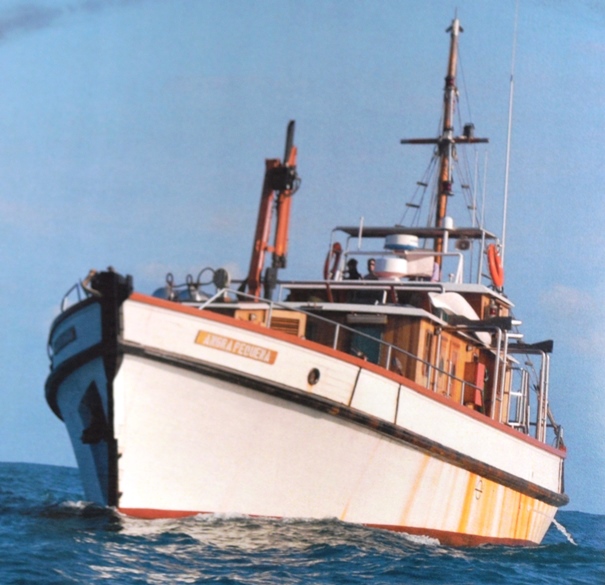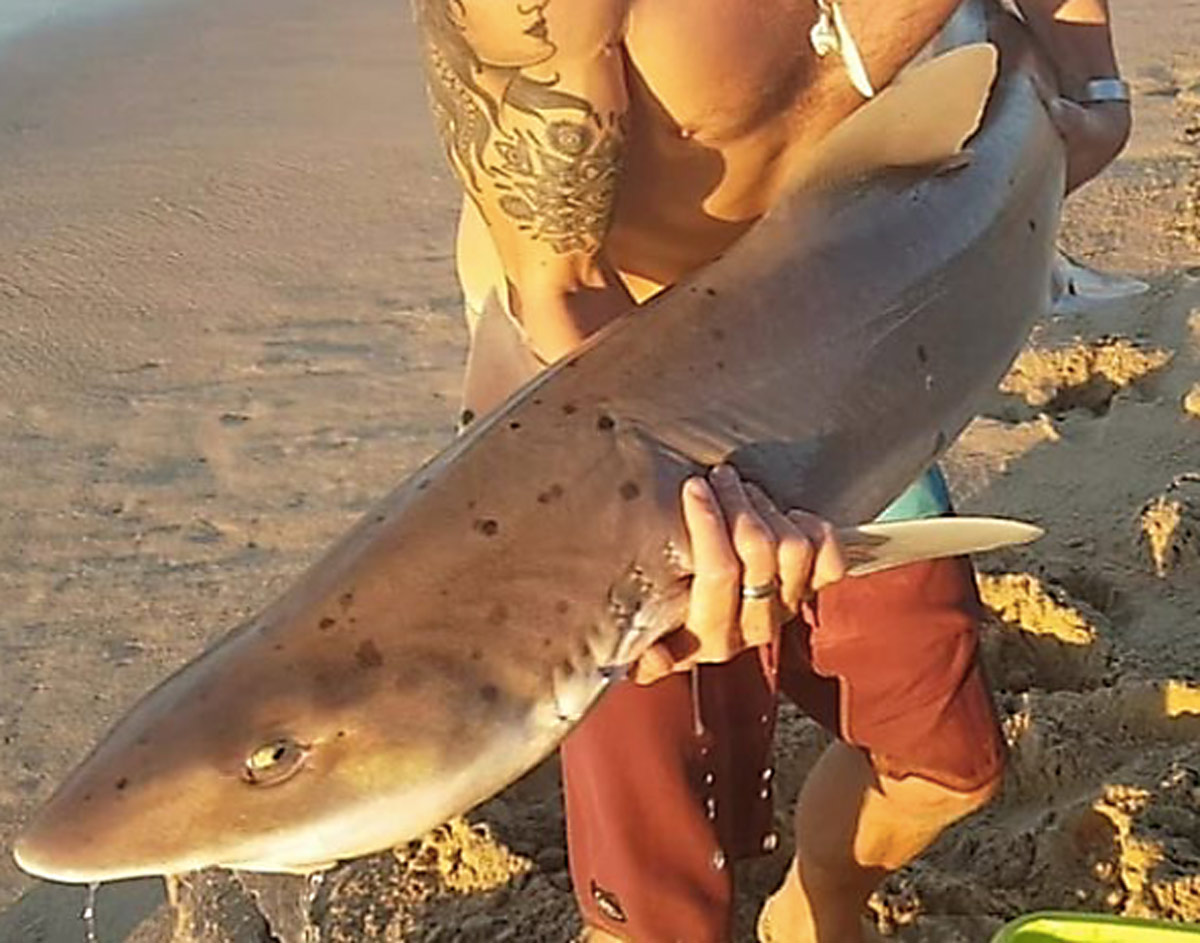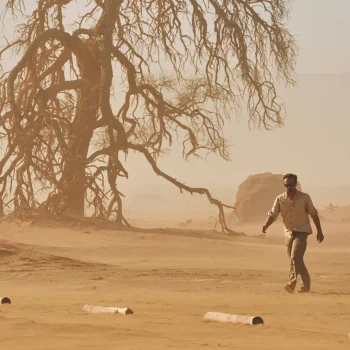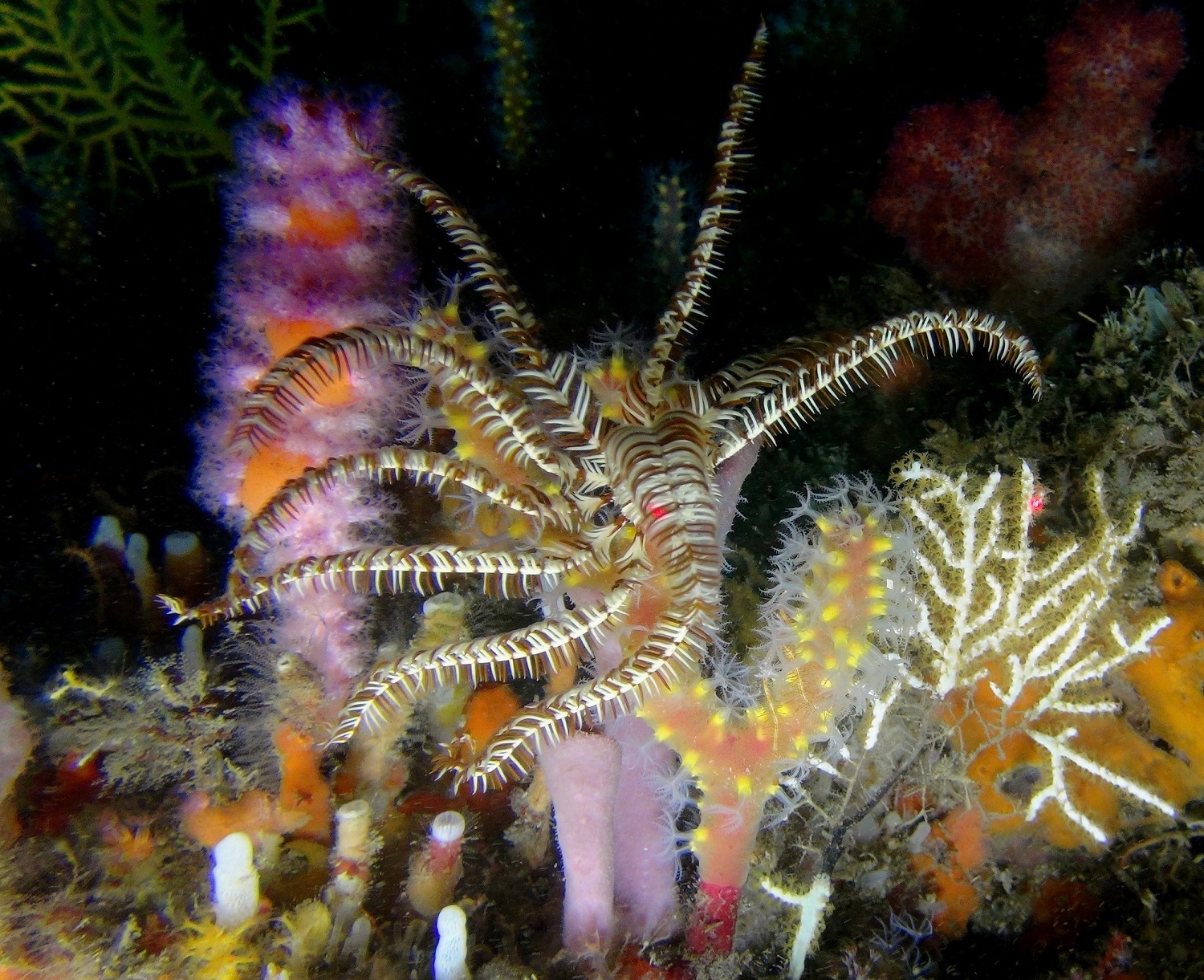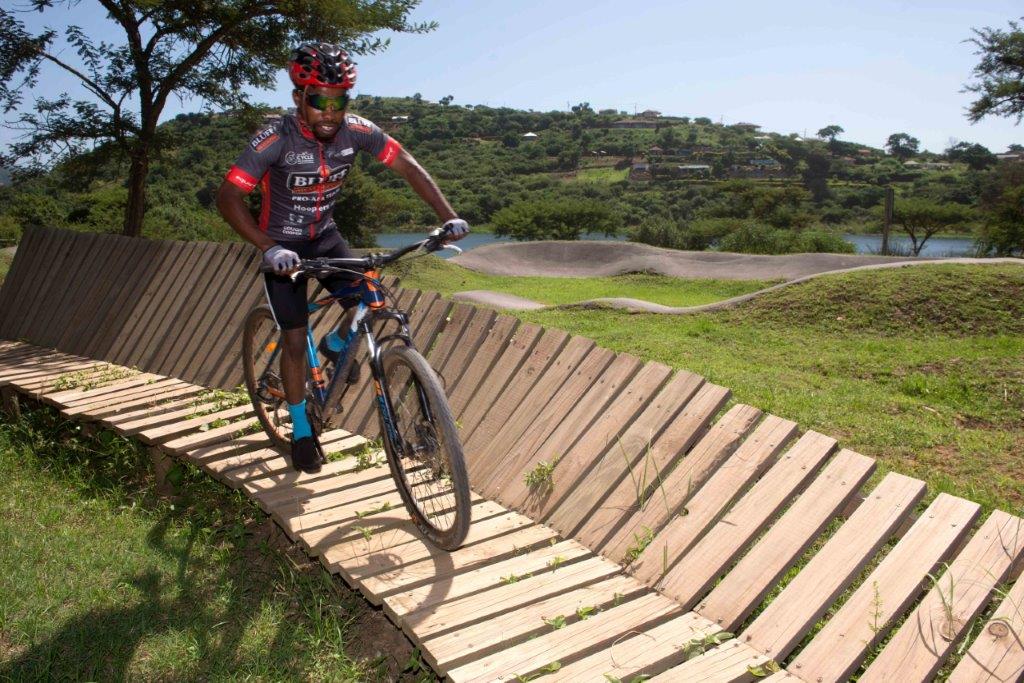The Blue Fund’s Ocean Stewards initiative has provided a unique opportunity to 15 University of KwaZulu-Natal marine science students, write Romeo Ndlovu and Tholithemba Shange.
Working on board an historic, 72-foot wooden expedition yacht, the Angra Pequena, the students have been involved in marine-sampling research and sea floor mapping expeditions. Central to this research are plans to identify off-shore areas needing protection.
This week students also get the opportunity to engage directly with South Africa’s leading marine researchers at a two day Ocean Stewards Science session happening in Durban.
Building knowledge
The Ocean Stewards programme is sponsored by Grindrod and Wildlands as part of their joint Blue Fund initiative supported by Sea Quests which uses the Angra Pequena to provide research, training and conservation expeditions.
“It’s all about building knowledge and awareness of our oceans and contributing to sound decision-making and management of the marine environment, said SeaQuest’s Nikki Chapman.
Dr Ursula Scharler, a leading marine biology scientist at the University of KwaZulu-Natal is also involved.
Hands-on experience
Sharler said prior to the Ocean Stewards programme, undergraduate field trips were confined to the coastline, estuaries, rocky shores and sandy beaches.
“Now we can take our students out to sea to gain hands-on experience of being on a ship and conducting practical work,” said Scharler.
Organised by Dr Jean Harris, Ezemvelo KZN Wildlife’s Scientific Services Senior Manager, this week’s science session will feature presentations on the mapping of the ocean bed, fisheries management, the latest in whale and coelocanth research, career paths and opportunities and other issues critical to understanding what is happening in the ocean and also, what should not be happening.
The session also includes that latest about African Coelacanth Ecosystem Programme (ACEP) and associated plans to expand the network of Marine Protected Areas.
“Currently, less than 1% of our offshore environment is protected. By global standards it should be a minimum of 10%, but more like 20%,” said Harris.

